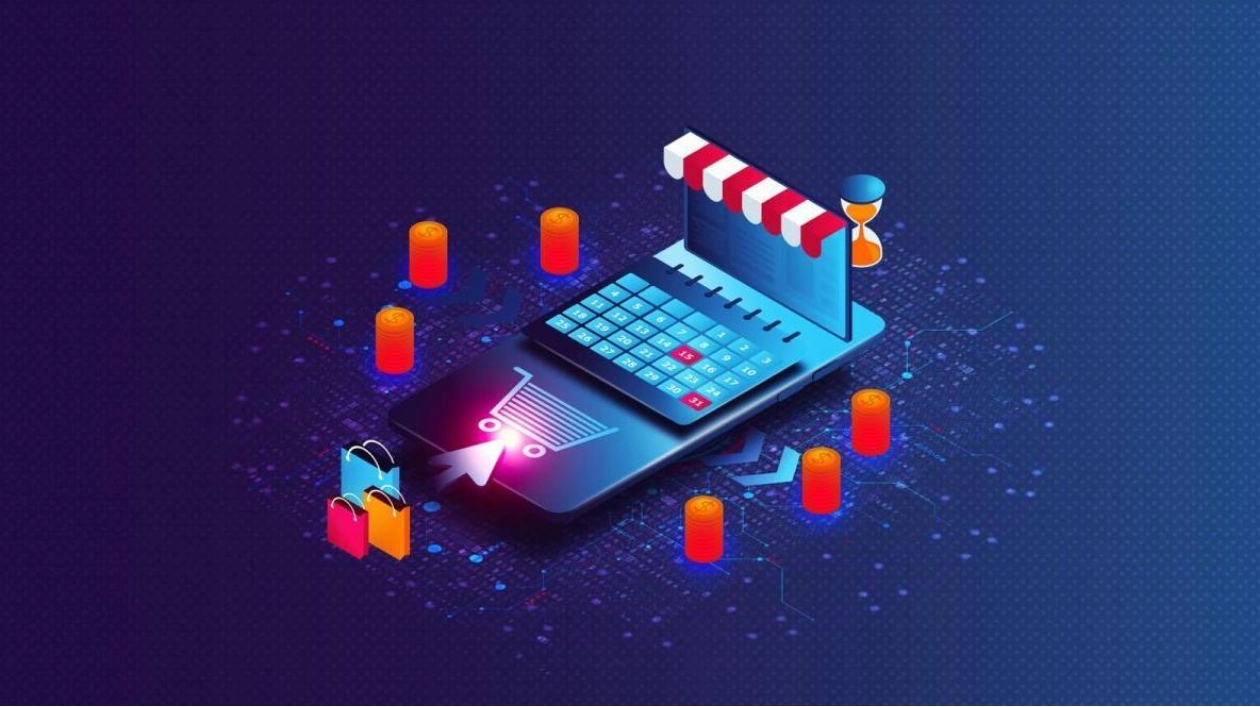In today's digital era, convenience reigns supreme. From grocery shopping at the touch of a button to on-demand streaming of favorite shows, we've become accustomed to having everything readily accessible. This convenience has also permeated our financial management, introducing innovative solutions like Buy Now Pay Later (BNPL) services.
BNPL services offer a modern alternative to traditional credit card systems, allowing consumers to purchase their desired items without immediate full payment or complex credit checks. These services enable customers to spread the cost over manageable installments, enhancing their purchasing power for items ranging from luxury fashion to vacations.
The BNPL model is transforming consumer behavior in retail and e-commerce by providing an instant, interest-free payment option that defers costs into structured installments. Unlike conventional credit cards with high interest rates and hidden fees, BNPL plans offer transparent, fee-free repayment schedules. At checkout, customers can opt to receive their products immediately and pay in three or four equal installments, automatically deducted from their payment card.
The COVID-19 pandemic heightened financial stress, prompting a surge in alternative payment methods like BNPL. These services provide a straightforward alternative to credit cards and traditional financing, often with minimal or no interest rates and hidden fees. This approach ensures customers incur no additional costs, making BNPL an attractive option for managing finances effectively.
In the UAE, a hub of innovation and economic progress, BNPL services are experiencing rapid adoption. Market projections indicate significant growth, with BNPL payments expected to reach $2.45 billion by 2024, growing at a CAGR of 12.4% from 2024 to 2029. This growth is driven by the increasing popularity of flexible financial solutions among consumers.
BNPL providers like Tabby have expanded rapidly, reflecting the broader boom in the BNPL industry. These providers offer a seamless shopping experience with instant decision-making and no fees or hidden costs, empowering consumers to afford items they might not typically budget for. The target market for BNPL has historically been younger generations, who value convenience, transparency, and instant access to services.
The BNPL model has significantly impacted consumer shopping habits, enabling better planning and management of monthly cash flow. Contrary to common misconceptions, BNPL is often used for essential purchases rather than luxury items. The convenience and security offered by BNPL services enhance the overall shopping experience, making transactions smooth and familiar for shoppers.
As BNPL services gain popularity, concerns about financial overextension have led to robust measures by providers to ensure responsible usage. Regulations are also being introduced to limit transaction sizes and durations, safeguarding consumers from financial risks. BNPL services generally exhibit lower default rates compared to traditional banks, offering a more straightforward and manageable financial solution.
With younger generations gaining purchasing power and credit cards becoming less favored, BNPL is emerging as a disruptive force in the payments industry. This flexible payment solution offers a viable alternative to traditional credit options, enabling users to spread payments over time without the burden of interest fees. The shift from credit cards to BNPL reflects broader changes in consumer preferences, aligning with the growing demand for digital financing solutions in the UAE.
BNPL has evolved from a retail-specific payment method to an everyday financial tool used by millions. As consumer confidence in BNPL grows, its application is expected to extend to higher-value items, providing consumers with a way to finance significant life decisions. The debate over whether BNPL fuels impulse spending or manages cash flow continues, but evidence suggests that BNPL is predominantly used for essential purchases, making it an indispensable tool for managing personal finances.






